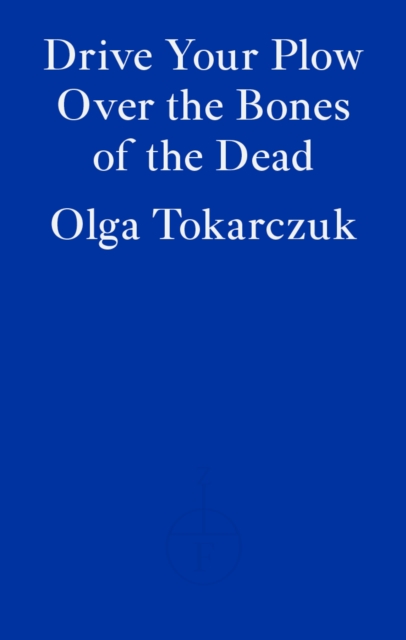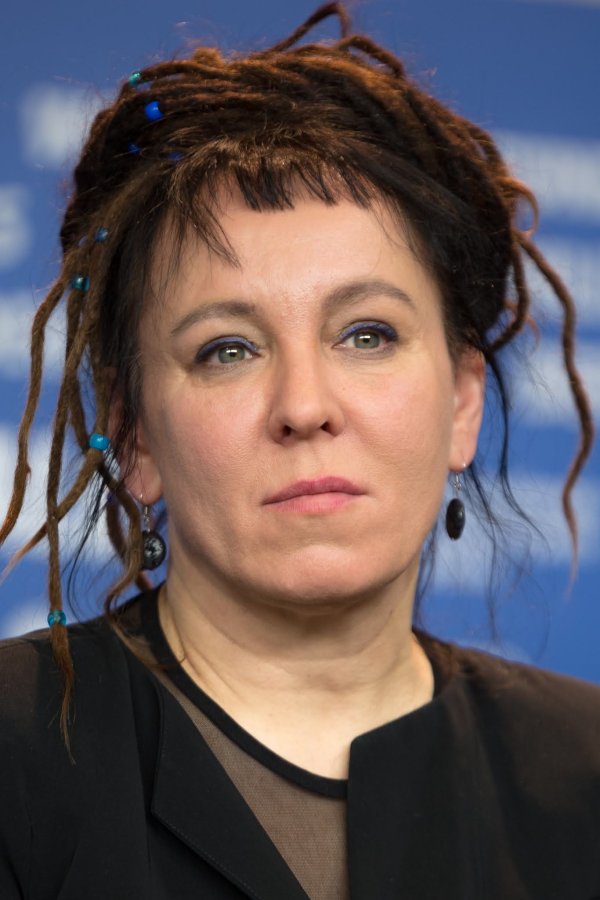Drive Your Plow Over the Bones of the Dead, Olga Tokarczuk, 2009 (Polish) 2018 (English)

When Tokarczuk writes: ’… If people behave brutally towards Animals no form of democracy is ever going to help them, in fact nothing will at all.’ she sums up one of the main themes in this book: our attitude towards animals, and as a follow-on, our attitude towards each other. With each chapter opening with a quote from William Blake, a connection is formed between the animal-loving Englishman who had visions and who may or may not have been mad (“There was no doubt that this poor man was mad…” William Wordsworth) and the Polish heroine of the story, Janina Duszejko, who respects all animals and who also may or may not have been mad.
Copying Blake’s habit of capitalising random words, the text is initially off-putting; however, the the feeling is temporary, and it does not take many pages before it seems quite normal. With Blake looking down from above and, no doubt, offering ideas and support, Tokarczuk has created an intelligent mystery where, in a small, isolated Polish mountain village close to the Czech border, people begin turning up dead. Duszejko is sure that it is the Animals who are seeking revenge – all the people who have died have, in some way, been killers of animals. With support from her friends, Oddball, Dizzy, Good News and eventually Boros, Duszejko, an independent feminist in her seventies, suffering from undisclosed Ailments, investigates the murders herself, feeling that the police are not doing enough. She relies a great deal on her expertise as an amateur astrologer, and sees signs and omens in places where others would not even think of looking. The denouement when it eventually arrives is sudden and unexpected.

Olga Tokarczuk (meninasemulheresnascienciasufpr.blogspot.com)
This is not a run-of-the-mill mystery story. It is beautifully imagined and written with many thought-provoking ideas. As well as focusing on mankind’s relation to animals, Tokarczuk also looks at hypocrisy within both the judiciary and the church, possibly resurrecting some of Blake’s ideas, regarding the repression that often goes hand-in-hand with traditional institutions and beliefs.

The little village, covered for most of the story with snow in some stage of firmness, as well as Janina Duszejko, will remain in our memory long after we have finished the story. It is not difficult to understand why Tokarczuk received the Nobel Prize for literature in 2019.